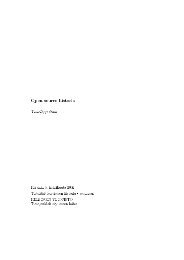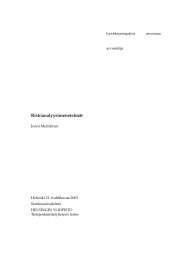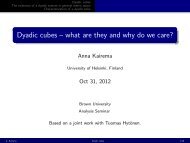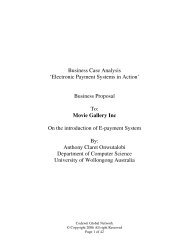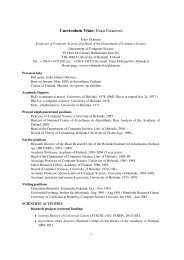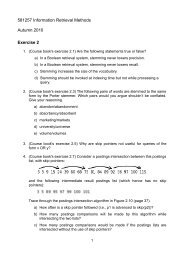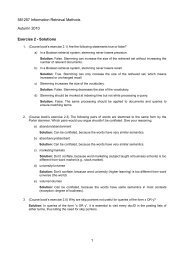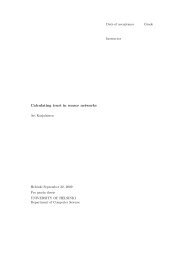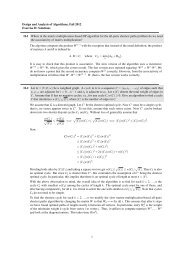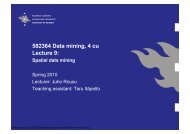Toni Sihvonen (order #92780) 62.142.248.1
Toni Sihvonen (order #92780) 62.142.248.1
Toni Sihvonen (order #92780) 62.142.248.1
You also want an ePaper? Increase the reach of your titles
YUMPU automatically turns print PDFs into web optimized ePapers that Google loves.
<strong>Toni</strong> <strong>Sihvonen</strong> (<strong>order</strong> <strong>#92780</strong>) 6<br />
Wicca (wich-ah) Male magician: female magicians are<br />
wicce (wich-eh)<br />
Wigfruma (wig-froom-a) War-leader<br />
Wotan (woh-tan: Norse “Odin”) Ruling god, magician<br />
Wryhta (rhit-ah) Crafter (modern “Wright”)<br />
Wyrd (wird) Inexplicable, implacable fate (modern<br />
“weird”)<br />
Roman Words<br />
These Latin political terms are used by Britons and Saxons<br />
in fifth century Britain. Some of these words will gain a<br />
Christian sense as the Church replaces the Empire. Many<br />
have been Anglicized, and most should be pluralized and<br />
pronounced as in Modern English.<br />
Basilicum: “City hall” with courtrooms, offices, and a<br />
forum (plaza) for public assemblies<br />
Castrum: Walled, garrisoned fort (Cymric “caer”, Saxon<br />
“caster”, English “castle”)<br />
Civitas: Small non-Roman district, conquered tribe<br />
governed by friendly chiefs<br />
Colonia: City settled by Roman citizens, plus thousands<br />
of acres surrounding it<br />
Comes: Leader of an ad hoc military force or district, a<br />
marshal, a retainer (modern count)<br />
Diocese: Large district. All Britain is one diocese, divided<br />
into five provinces<br />
Dux: Leader of armies, ranks above a comes (modern<br />
duke)<br />
Emperor: Rules the Empire by heredity or force. Called<br />
caesar, augustus, or imperator<br />
Federate: Non-Roman tribe (usually German) settled as<br />
mercenaries on Rome’s frontiers<br />
Laet: Tenant, federate, in Saxon usage, a conquered<br />
British subject<br />
Legion: Division of Rome’s regular army, up to 6,000<br />
soldiers. (Britain’s are nearer 2,000)<br />
Legionary: Soldier with light armor, sword, javelins, and<br />
a large oval shield<br />
Mores: Ways, ethics, fashions, civilized virtues<br />
Municipium: Medium town of noncitizens who send<br />
representatives to the vicar.<br />
Pagus: Hinterlands beyond the capital of a civitas,<br />
where people are still pagan<br />
Praetor: Magistrate, judge, mayor of a Roman town<br />
Province: Medium district. Each of Britain’s five<br />
provinces has at least two civitases<br />
Romano-Briton: Resident of Roman Britain, a Cymric<br />
person with Roman mores<br />
Saxon Shore: (Litus Saxonicum) The southeast coast,<br />
with castrums to discourage sea raids<br />
7l-ibune: Representative elected by citizens or soldiers to<br />
handle funds or supplies<br />
Villa: Country estate of a retired legionary; equates to a<br />
manor<br />
Vicar: “Deputy” of the Emperor’s legions, governor of a<br />
province or diocese<br />
Vicus: Capital of a civitas. By 400, these were small or<br />
medium Romanized towns



